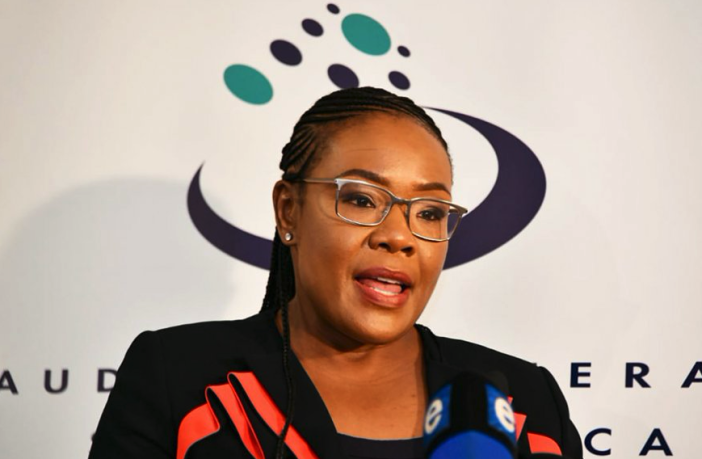- Tsakani Maluleke, South Africa’s Auditor-General, yesterday released her latest report on Local Government Audit Outcomes for 2020/21.
- The report reveals that only 41 of South Africa’s 257 municipalities received clean audits.
- Political and administrative leadership continued to be a deliberate obstruction to municipalities as some municipalities submitted late or incomplete documentation, while others failed to submit documents at all.
- This has serious implications for those municipalities who want to procure electricity from independent power producers for own use or resale.
- Power Purchase agreements (PPA’s) will not be bankable or debt cover guarantee’s will not be provided if the off-taker (municipality), does not have a clean audit.
The Auditor General’s latest report reflects on the audit outcomes over the five-year term of the previous local government administration, and she says the trends in the report demonstrate that the fourth administration (2016-17) left municipalities in a worse financial position than when they took office.
“The lack of improvement in municipal outcomes is an indictment on the entire local government accountability ecosystem, which failed to act and arrest the decline that continued to be characterised by service delivery challenges in municipalities,” says Maluleke.
Related news: Kwazulu Natal – City of eThekwini IPP RFI receives 104 project proposals
She states that it is encouraging to see the slight increase in the number of clean audits – 27 municipalities were able to maintain their clean audit status throughout the administration, while 14 achieved a clean audit for the first time and six lost their clean audit status. However, clean audit outcomes continue to represent less than a fifth of the local government budget.
“A clean audit outcome is not always an indicator of good service delivery and does not always directly correlate to the lived experience of all the communities in a municipal area,” explains Maluleke. “However, we have seen that municipalities that have the controls and systems in place to plan, measure, monitor and account for their finances and performance, and to stay within the rules, often also have a solid foundation for service delivery that will benefit their communities. This provides these municipalities with opportunities to shift their focus to ensuring the delivery of services for the benefit of all their residents.”
Financial health (See page 20 of the report)
The AG reports that local government finances remain under severe pressure due to non- payment by municipal debtors, poor budgeting practices and ineffective financial management.
She says the financial position of 28% of South Africa’s municipalities is so dire that there is significant doubt about whether they will be able to continue operating in the near future. This effectively means that such municipalities do not have enough revenue to cover their expenditure; they owe more money than they have; and they can no longer pay salaries and other obligations as they fall due, or maintain infrastructure assets such as roads and provide water and other basic services. Many of these municipalities have been in this dire financial position multiple times over the course of the administration.
Link to full report HERE for list of municipalities and their audit status.
Author: Bryan Groenendaal











